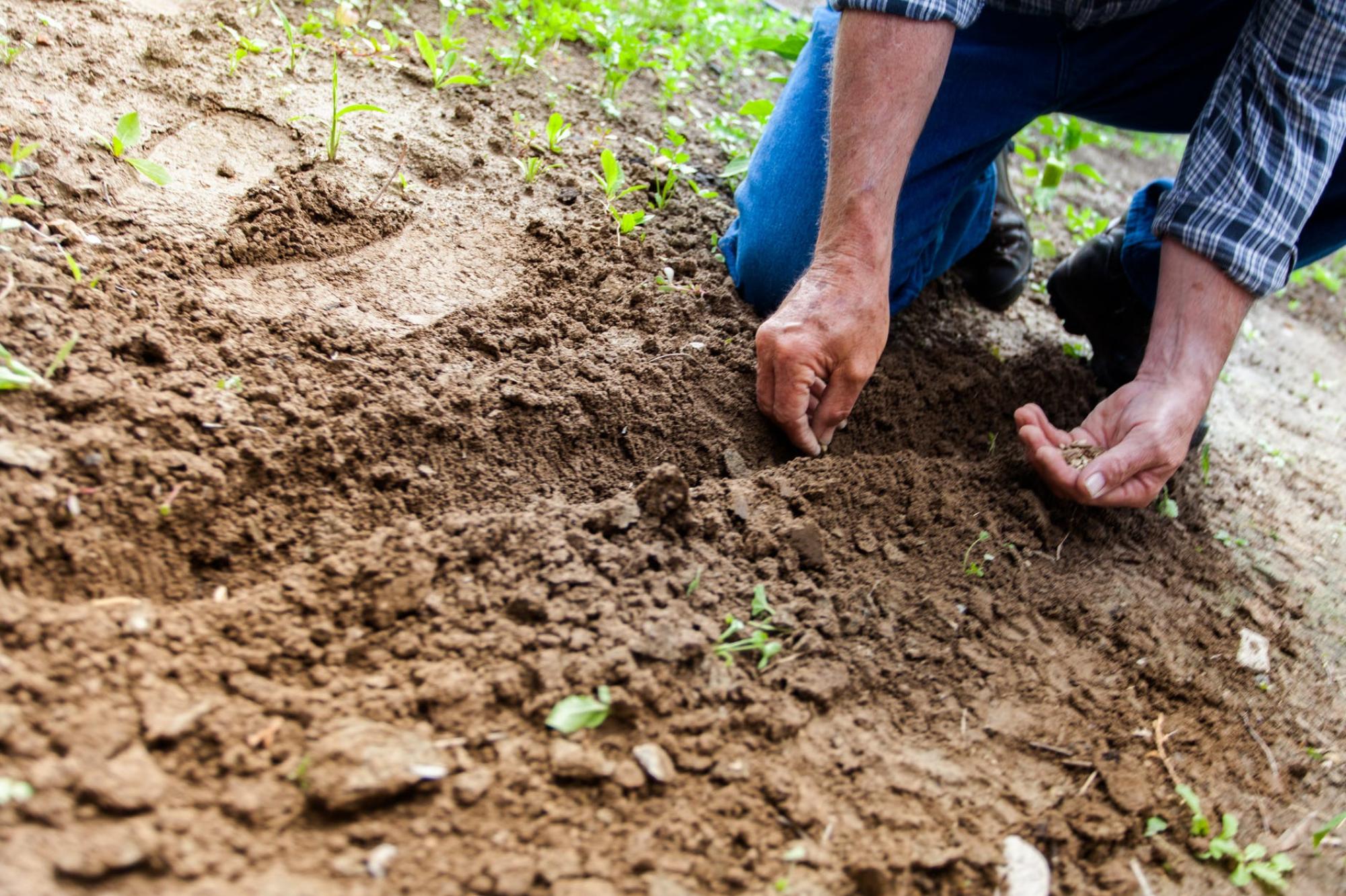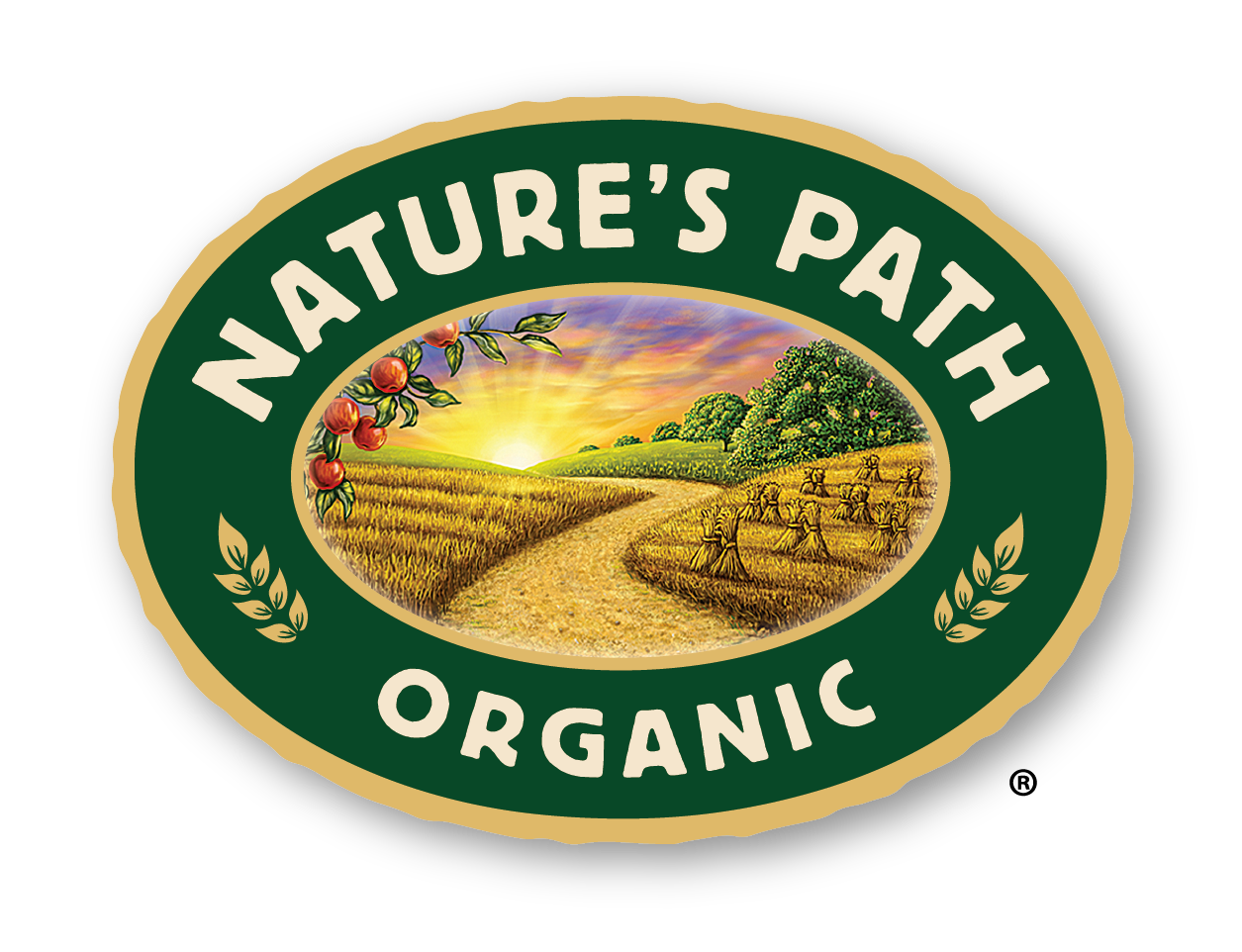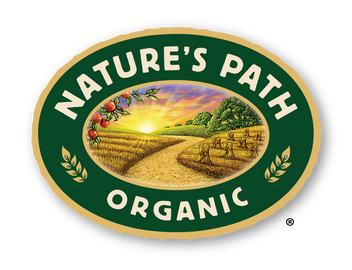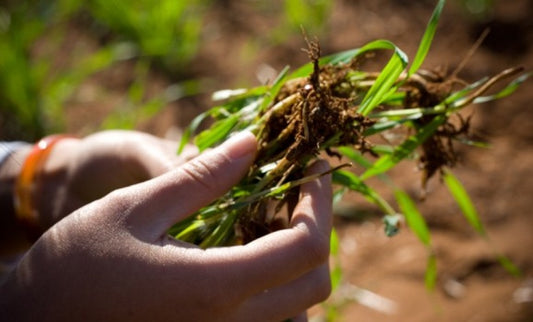 For seed saving, you need heirloom or OP varieties. These will grow true from saved seed, meaning you will get the same plant as the one you harvested seed from. If you’re not interested in saving seed, a hybrid might work for you.
For seed saving, you need heirloom or OP varieties. These will grow true from saved seed, meaning you will get the same plant as the one you harvested seed from. If you’re not interested in saving seed, a hybrid might work for you.
Open Pollinated Seeds
Open pollinated means the flowers are fertilized by bees, moths, birds, bats, and even the wind or rain. The seed that forms produces the same plant the following year. Some OP plants are self-pollinators. This means the structure of the flower allows fertilization before it opens. OP varieties grow out true every year. They are genetically diverse, so there can be a lot of variation in the plants and fruits. Since agriculture began about 12,000 years ago, people have been choosing the qualities they like in a plant, such as fruit size, flavor, growth habit, heat and cold tolerance, and uniformity, saved the seed, and continually grew it out year after year. This is plant selection and can only be done with OP seed.
Heirloom Seeds
Fast forward to the 1700s and1800s. In the burgeoning United States, families grew food on their subsistence farms. They saved seed, selecting for the best traits. As seeds from this era got passed down through the generations, they became heirlooms. This is no different than passing down heirloom furniture or jewelry! So the definition of an heirloom is seed that has been grown and passed down over many generations. Heirlooms also carry stories. A friend of mine gave me some family heirloom bean seed. His ancestors had bought land in the Midwest in 1830 - they did not have time to build a home before winter, so they erected a tent. It was the worst winter for the area in many years, all their livestock died and they were sure they would die too. That is, until indegenous Kickapoo people found them while out on a hunt. They went back to their village and returned with enough beans to feed the family through winter, with extra to plant in the spring. The family has grown decendents from those same Kickapoo beans for almost 200 years now. All heirlooms are open pollinated, but not all open pollinated plants are heirlooms. Only a small fraction of the plant world is considered heirloom.
F1 Hybrid Seeds
Farmers have selected seed for thousands of years to improve the crop. Hybridization came about to further improve food and flower crops. F1 hybrids are the result of two plants with specific characteristics being deliberately crossed to produce a new third variety. If you save seed from a hybrid, and grow it out, you will get one of the parents, not the plant that produced the seed. Hybrids are usually more productive and vigorous than OPs and heirlooms. They sometimes have disease resistance bred into them, and their growth and fruiting habits are uniform. You have to buy hybrid seed every year and now organic hybrid seeds are available. There is a misconception that hybrids are genetically modified. They are not! GMOs are modified in a lab setting, but they are not hybridized. You can feel safe buying hybrid seed. If you want good production, perhaps for putting up food for winter, or need disease resistance, buy hybrids. If you want to save seed, buy OPs or heirlooms. But don’t be afraid to use all types! A major benefit of saving your own seed is that your plants will be acclimated to your local growing conditions. They will be hardier than from seed grown elsewhere. Flip through a few seed catalogs and read the descriptions. Look for the words heirloom and open pollinated. Read the stories of the heirlooms. A hybrid will have F1 in its name or just below. The description might say which plants were crossed to create it, but will always mention disease resistance and other traits. Seed catalogs are an education in themselves! As always, figure out what you need first, then do some research, and finally make an educated decision.
If you want good production, perhaps for putting up food for winter, or need disease resistance, buy hybrids. If you want to save seed, buy OPs or heirlooms. But don’t be afraid to use all types! A major benefit of saving your own seed is that your plants will be acclimated to your local growing conditions. They will be hardier than from seed grown elsewhere. Flip through a few seed catalogs and read the descriptions. Look for the words heirloom and open pollinated. Read the stories of the heirlooms. A hybrid will have F1 in its name or just below. The description might say which plants were crossed to create it, but will always mention disease resistance and other traits. Seed catalogs are an education in themselves! As always, figure out what you need first, then do some research, and finally make an educated decision.
Would you like to be the first to hear about our new products and more? Sign up for our Nature’s Path Newsletter.








